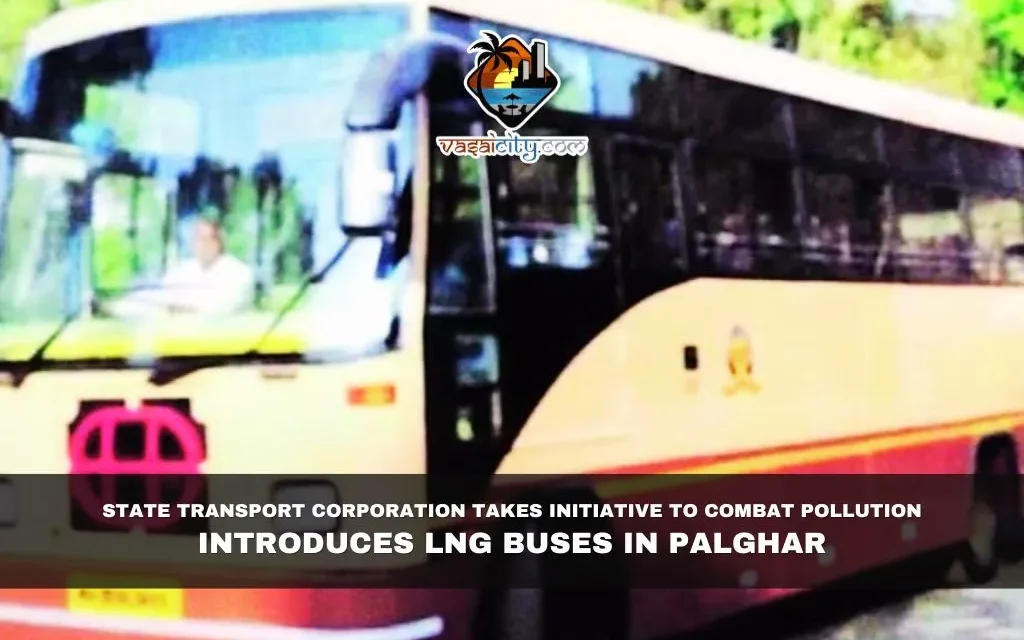In a bid to curb pollution, the State Transport Corporation has now taken a step forward by deciding to operate its buses on Liquified Natural Gas (LNG). Initially, 300 buses will ply on LNG in Palghar district. Additionally, 5 buses have been earmarked for conversion to LNG.
Palghar district houses eight depots under the State Transport Corporation, including Vasai, Arnala, Nallasopara, Boisar, Dahanu, Safale, Jawhar, and Palghar. These depots cater to a wide range of passengers, from rural to urban, covering long and medium distances. Collectively, these depots host 435 ST buses, with 390 buses being operational daily. This significant number of buses caters to a large number of commuters. However, the daily operation of these diesel-run buses incurs substantial fuel expenses, ranging from 22 to 23 lakhs rupees per day. Moreover, older buses contribute significantly to pollution due to their outdated technology.
To mitigate these issues, the State Transport Corporation has initiated a plan to convert diesel-run buses to LNG, a cleaner alternative fuel. Palghar district has been chosen as the pilot area for this initiative. As a part of the initial phase, 5 diesel buses will be converted to LNG. This move is expected to reduce pollution levels significantly and also result in cost savings on fuel expenses, as stated by Controller Rajendra Jagtap.
In addition to the conversion of existing buses, Vasai-Virar Municipal Corporation’s E-buses are also on the radar for transition. However, the conversion process for these electric buses might take a few more months. The municipal corporation is set to procure 57 electric buses, with a total cost of approximately 81 crore 29 lakh rupees. Initially, 40 buses will be deployed, but the procurement process has faced delays. The bidding process for buses has commenced, but it is expected to take around 7 months to finalize the procurement.
The introduction of LNG buses marks a significant step towards environmental sustainability in public transportation. It not only reduces pollution but also sets a precedent for adopting cleaner fuels in the transport sector. As the initiative progresses, it is hoped that more regions will adopt similar measures, contributing to a greener and healthier environment for all.









